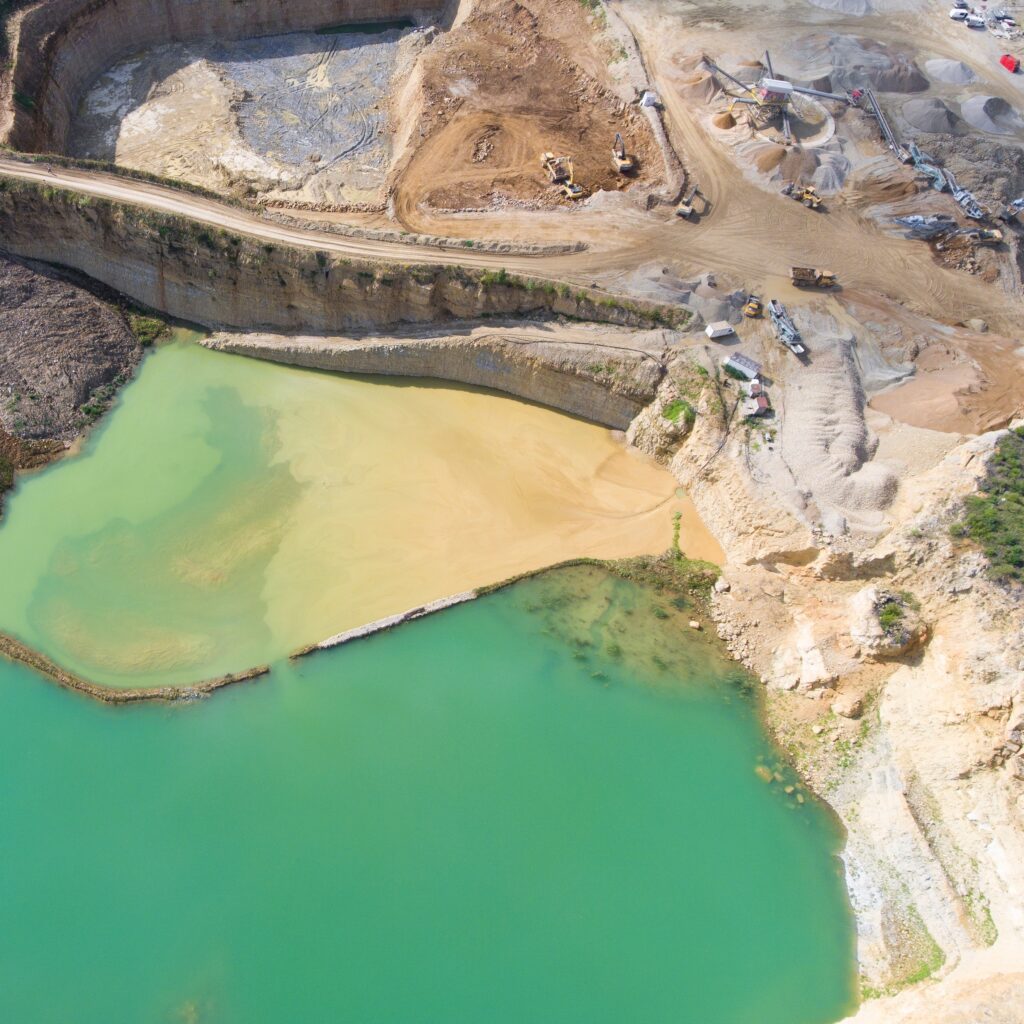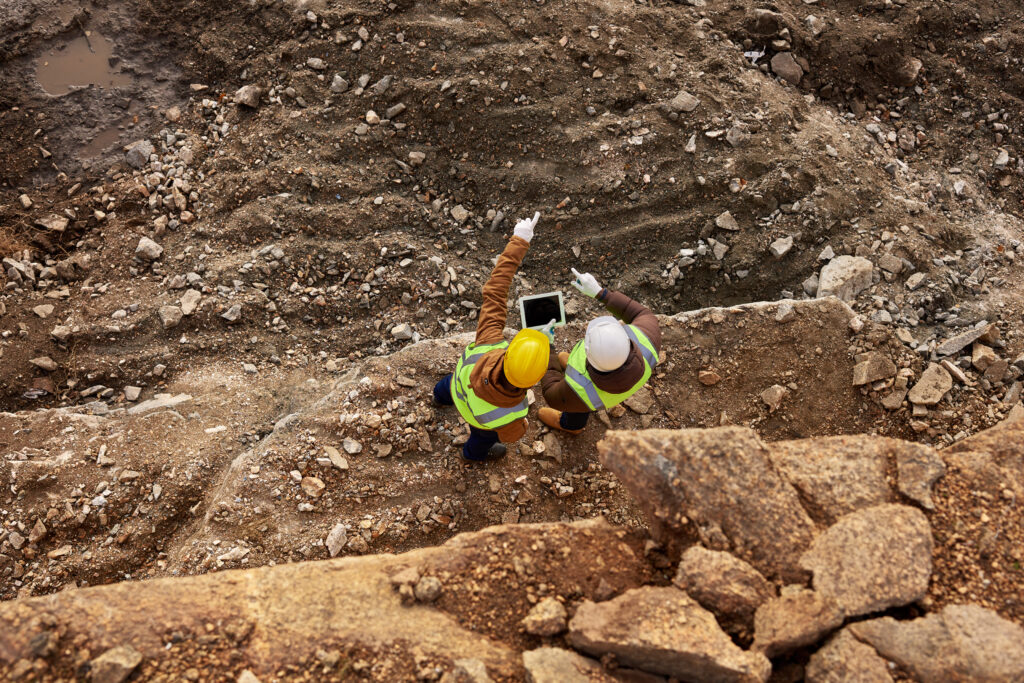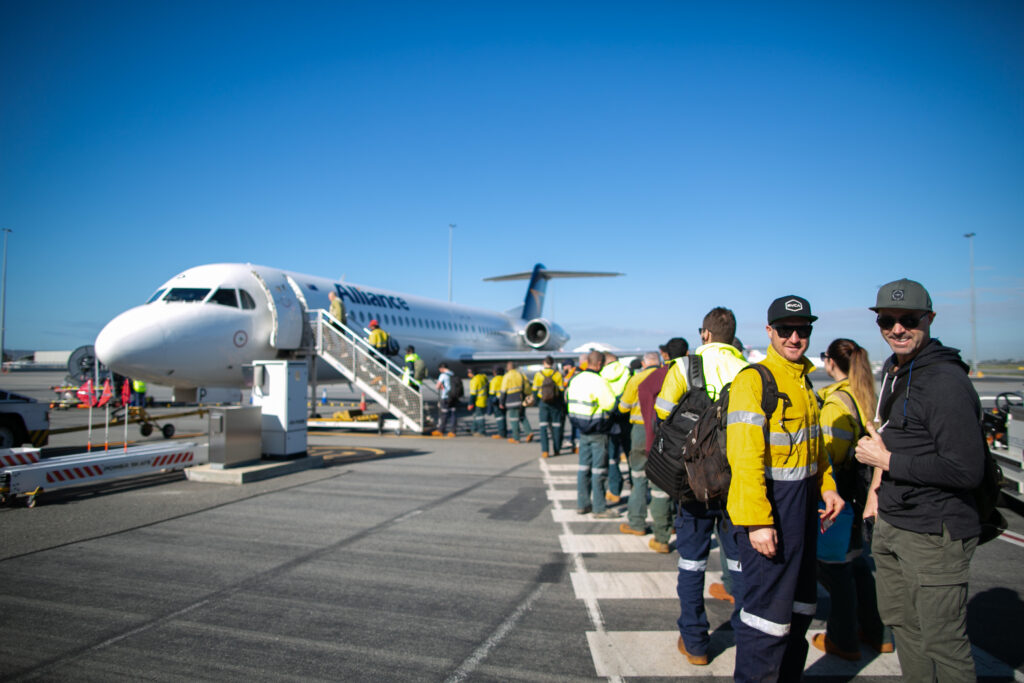Planning the arrival and departure of thousands of personnel is an exceedingly complex undertaking, even if everything goes smoothly. If something goes wrong, resources companies need robust systems that can respond and adapt, in real-time.
Just about anyone who’s travelled since Australia’s borders reopened in February knows too well the rippling repercussions of a delayed or cancelled flight, or a lost piece of luggage.
It’s a recurring problem that’s been amplified by the airline sector’s shaky return to operations post-COVID.
For holidaymakers, a missed connection or a lost bag is a painful inconvenience that while annoying, usually only affects individuals.
But for resources companies shuttling their workforce to the most remote areas of Australia, missed connections and flight delays can have heavy impacts on their operations, as well as a wide range of contractors.
It’s a challenge that has become a big issue for the resources sector as airports and airlines struggle to stay on time and satisfy the needs of FIFO workers.
Data from the Bureau of Infrastructure and Transport Research Economics shows plummeting rates of flights that depart and arrive on time, as well as climbing rates of cancellation, with routes outside the major capital cities most impacted.
In October, the on-time performance of routes operated by Jetstar, Qantas, QantasLink, Rex Airlines, Virgin Australia and Virgin Australia Regional Airlines averaged 69.3 per cent of arrivals and 68.5 per cent of departures.
That’s a big dip from long-term averages, which sit at 81.9 per cent on time for arrivals and 83.1 per cent on time for departures.
Flights departing from Perth Airport to Western Australian mining centres recorded dismal on-time performance in October. BITRE data shows just 65.7 per cent of flights from Perth to Port Hedland, Newman, Karratha and Kalgoorlie stayed on schedule.
While commercial and charter airlines are exposed to the reputational damages that come from a delayed or cancelled flight, there are also repercussions for a resources company, with the flow-on effects enormous.
If a flight to a mine site is delayed for a significant amount of time, it hinders the ability of resources and mining companies to continue their core operations – either moving and processing ore, extracting oil or gas, or conducting exploration activities.
Delays or cancellations also affect people scheduled to be on the return flight, putting them in danger of missing connecting flights to get them to their final destinations to return to family and friends.
With today’s resources workforce as mobile as ever, ensuring flight schedules stay on time are crucial when it comes to attracting and retaining the best staff.
Thankfully, technology developed by INX Software can minimise the disruptive effects of an unplanned itinerary change by automating the movement of people as much as possible.
Known as INX SAM Suite, our intelligent software provides details of each person on each plane, whether they are a truck driver, a cleaner, a geologist or an engineer, so management teams can make informed decisions on who to prioritise to get to and from site.
INX SAM Suite allows for text messages to be sent to notify the workforce of any changes in upcoming flight details, or schedule alterations due to cyclones and evacuations, or other emergencies.
If a flight is cancelled, INX SAM Suite allows employers to reallocate people to a new flight, or a different room on site.
The software enables resources companies to ensure operations continue 24/7, while also reducing the administrative burden and overheads of logistics teams.
For resources and mining companies, knowing the right people are in the right place, at the right time, is as important as having the right equipment on site.
INX SAM Suite may not be able to get the plane off the ground on time – but this game-changing software solution can give companies the best chance of keeping the lights on in the engine room of the Australian economy.














